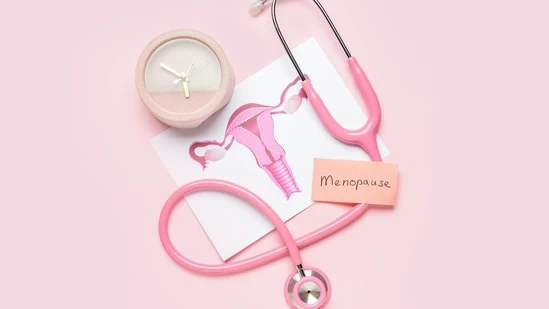Menopause brings a range of changes to a woman’s body, including hormonal fluctuations and shifts in metabolism. But many are unaware that it can also affect gut health.
Gastroenterologist Dr Joseph Salhab, based in Florida, US, explains in his October 10 Instagram post how these changes impact digestion, gut bacteria, and overall gastrointestinal well-being.
Menopause and gut health: What changes should you expect?
“Menopause can change digestion, including bloating, constipation, diarrhoea, or appetite shifts. The same hormones that drive menopause can also influence gut motility and the microbiome. The good news? Small, steady habits help: fibre-forward meals, probiotic-rich foods, daily movement, and protecting sleep/stress,” Dr Joseph wrote in the caption.
“Menopause isn’t a pause, it’s your next chapter,” says Dr Joseph. But he points out that the hormonal changes that come with menopause can also affect gut health. “As estrogen and progesterone decline, they can influence gut motility, how fast food moves through your system, and may even shift the gut microbiome,” he explains.
This can lead to symptoms like bloating, constipation, or diarrhoea. “Add in stress or poor sleep, and these digestive issues can flare up,” Dr Salhab adds.
What lifestyle changes can support gut health
So, what can help? Dr Salhab recommends small but consistent lifestyle changes:
- Build a fibre-forward plate: Include plenty of fruits, vegetables, and whole grains to support digestion.
- Add probiotic-rich foods: Yoghurt, kefir, and fermented foods can help maintain a healthy gut microbiome.
- Move most days: Aim for around 30 minutes of moderate activity to support gut motility.
- Protect your sleep and manage stress: Quality rest and stress management are essential for overall gut health.
“Small, steady changes add up,” says Dr Salhab. “If symptoms persist or start to impact your quality of life, it’s important to consult a healthcare professional.”
